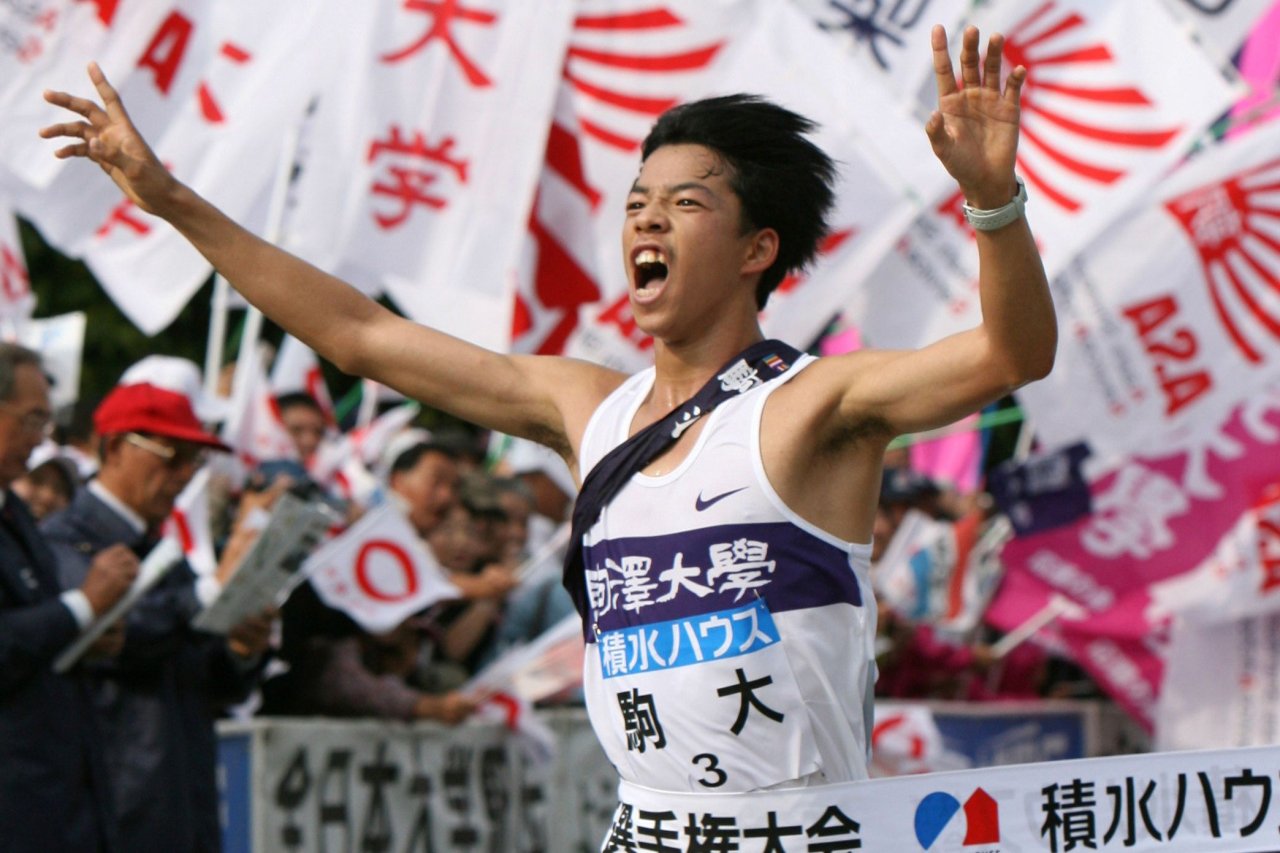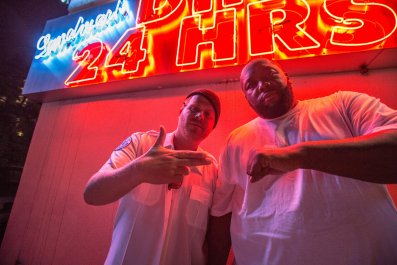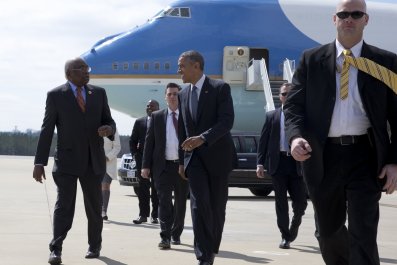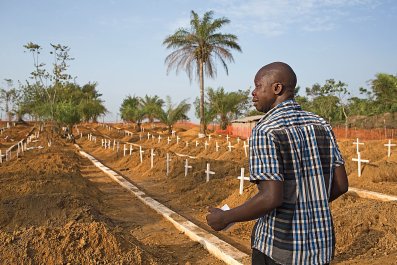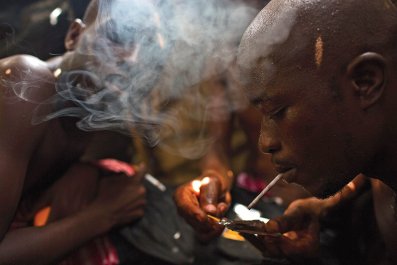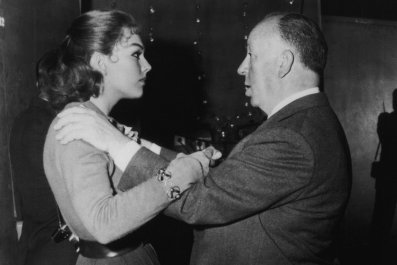Do you know what "ekiden" means? If you do, you're either a track geek or you've read Adharanand Finn's engaging Japanese odyssey, The Way of the Runner, which drops us deep behind lines in the land of the rising sun. Japan is the most running-obsessed nation on Earth, where the sport is both corporate and spiritual. Yet the Africans always beat them in the big races. Why is that?
Journalist, author and running fanatic Finn left his Devon home for a six-month sabbatical in Japan. With his adventurous family, he went to immerse himself in the running culture of this secretive nation, where opening investigative doors is tricky for a gaijin – outside person. Japan, we discover, is different. You don't answer your phone on the train, for instance; even letting it ring is a faux pas of some magnitude. Another difference is their interest in running. Of the hundred fastest marathon runners in 2013, only six did not come from Africa; and of those six, five came from Japan. Runners here are national icons and generously paid by big business; a different world from their British counterparts – anonymous figures scraping around for funding.
And at the centre of Japanese running stands one race: the Hakone ekiden. It's a relay race between universities in the Kanto region of Japan; a two-day affair run over 165 miles and viewed on TV by close to 30% of the population – making it possibly the most watched footrace in the world. This is why all the best high school runners want to run the Hakone, and why they choose the Hakone universities. Other universities can't compete – literally.
Finn explores both the corporate and the spiritual aspects of running in Japan. Many athletes in the UK are lost to the sport because they simply can't afford not to work. But in Japan, every large company has its own professional runners to represent the business in the various ekiden races. Initially, it was to give the employees something to cheer about and promote company loyalty and team ethic. (The first ekiden was run in 1917.) But now there's also PR and advertising to consider. As Mr Ogushi of NTT, a large telecoms company, says: "A race that lasts four or five hours, or two days even, with television cameras on the runners the whole time, with the company logo . . . it's good advertising."
So why not simply support marathons? It's not the same, apparently. "The only thing that really matters for company spirit is the ekiden, passing the ribbon, doing it together . . . we are all brought together in support of the team." In Japan, it's the collective unit that matters, not the individual – "don't be the nail that sticks out," as they say.
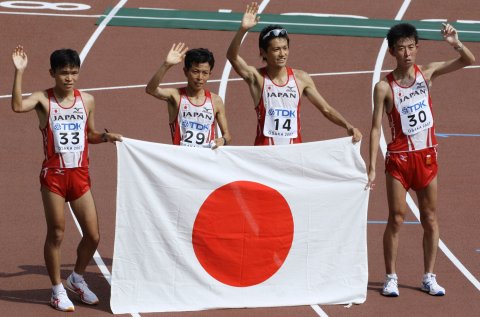
And away from the corporates, there's the spiritual side to the sport. Haruki Murakami's book, What I Talk About When I Talk About Running, found running to be spiritual in as much as it requires tenacity, endurance and a willingness to make the mind and body do things they do not wish to do. Finn pursues this theme when he meets the running monks of Mount Hiei, who've achieved enlightenment by completing a thousand marathons in a thousand days.
There are some myths to be debunked here: the thousand days do not have to be consecutive. Indeed, seven years is the normal length for this challenge. And it's also true that each marathon has a number of "shrine breaks", with the monk pausing for prayer at holy places along the way. The spiritual benefit of this practice lies in the constant movement, the physical demands which exhaust the mind, the ego and the body until nothing is left. "And when you are nothing," says one of the monks, "then something, pop, comes up to fill the space." And this something is the vast consciousness that lies below the surface of our lives, a sense of oneness with the universe.
But to return to where we started: given this national obsession with running in Japan, why do the Africans always beat them in the big races? One suggestion is over-training at an early age in Japan, brought on by overbearing coaches interested only in short-term results. This leads to a high rate of injuries and burn-out later on.
Another reason may be the cultural fear of failure. Athletics coach Renato Canova says to win big races "you need to be a little wild" – but "discipline" and "caution" trump "wild" in Japan, where Finn sees only tension on the starting line. Usain Bolt pranced about before the Olympic 100m final, believing you need to be relaxed to perform well. But when Kokichi Tsuburaya came third in the 1964 Olympic marathon in Tokyo, he ended up taking his own life. He'd failed.


